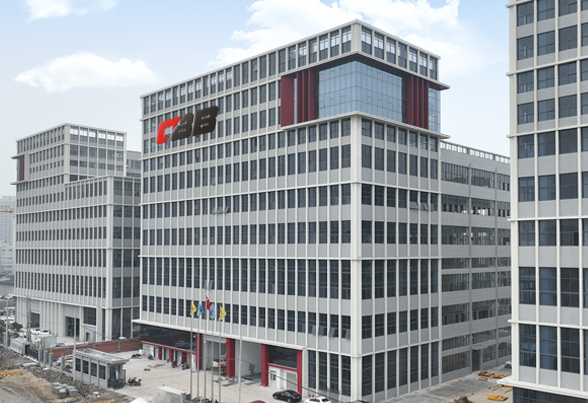A Differential Shaft is a mechanical component commonly used in drive systems, primarily in differential gears of vehicles, to distribute power from the engine to the wheels while allowing for differences in wheel speed. It is part of the larger differential mechanism, which is crucial for enabling the wheels on a vehicle to rotate at different speeds, particularly when turning corners. This helps prevent tire wear and ensures smooth vehicle operation.
Key Functions of a Differential Shaft:
Power Distribution: It transfers power from the drive source (usually the engine) to the wheels through the differential gears.
Wheel Speed Variation: Allows the left and right wheels (or wheels on different axles) to rotate at different speeds. This is essential for making turns, as the inside wheel needs to rotate slower than the outside wheel.
Torque Transfer: The differential shaft helps in transferring torque between the components of the differential assembly, including the pinion gear, ring gear, and axle shafts.
A Differential Air Shaft is a type of mechanical device used in winding and unwinding operations, particularly in industries such as printing, packaging, and textiles. It allows for the controlled tension and uniform distribution of materials like paper, film, foil, or fabric onto rolls. The primary function of the differential air shaft is to apply pressure to the core of a roll, ensuring it stays in place while allowing for precise control of the material as it winds or unwinds.
How It Works:
A differential air shaft uses air pressure to create a "differential" between the two ends of the shaft, which helps to lock the roll onto the core. The air shaft has inflatable sleeves or bladders that can be inflated or deflated to adjust the pressure, helping to hold the core securely. The shaft automatically adjusts the pressure as the diameter of the roll increases or decreases during the winding process, maintaining consistent tension.
Key Features:
Precise Tension Control: Differential air shafts provide better control over material tension, ensuring even winding and unwinding without damaging the material.
No Mechanical Parts: Since they operate using air pressure, differential air shafts have no mechanical friction or wear, making them low-maintenance and long-lasting.
Easy Adjustments: Air pressure can be easily adjusted for different material types and roll sizes, offering flexibility in various applications.
Improved Roll Integrity: They help maintain roll integrity during the winding process, preventing shifting or slipping of the material on the core.
Automation-Friendly: Differential air shafts are often integrated into automated systems for continuous, high-speed operations.














